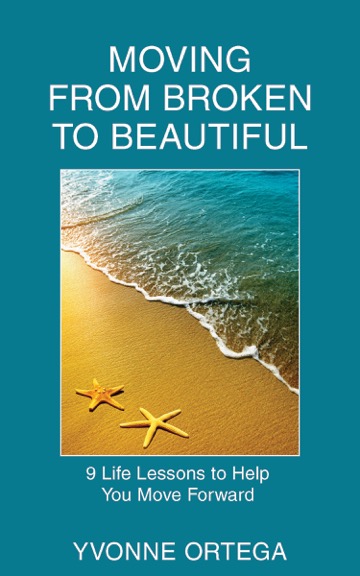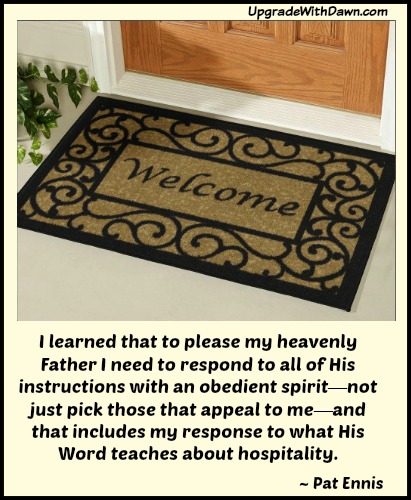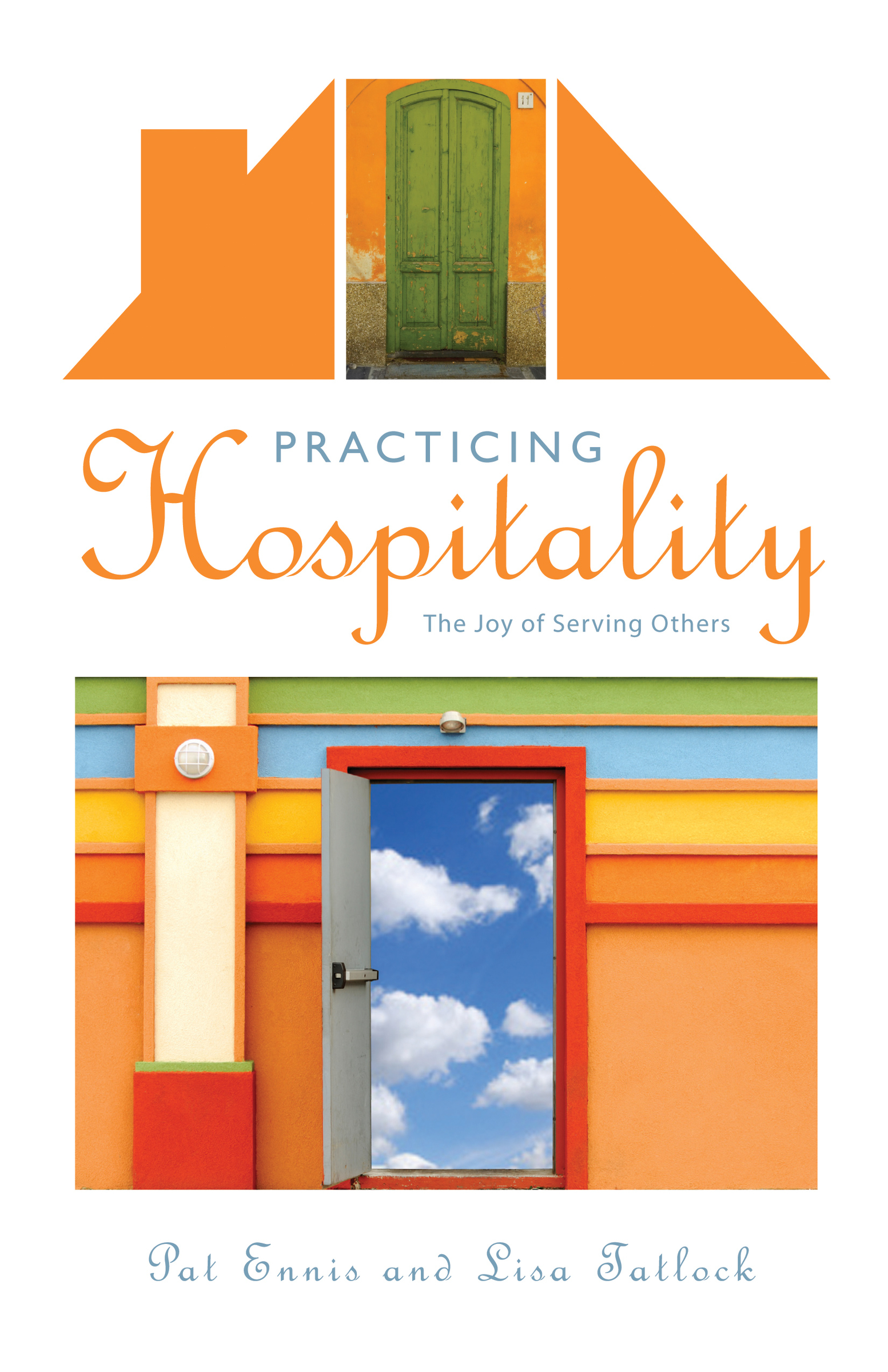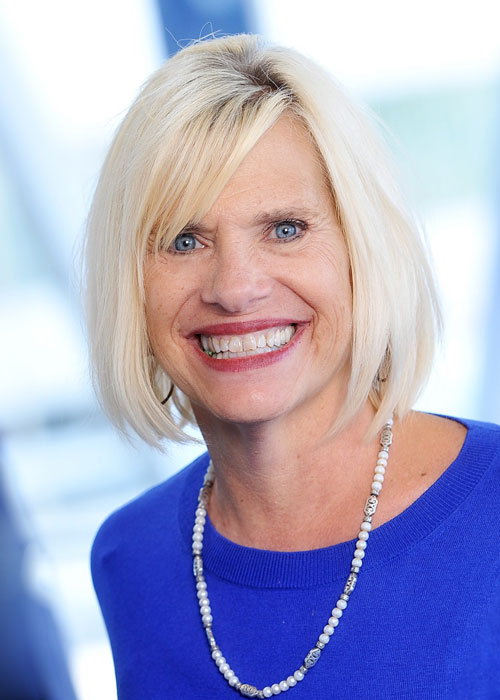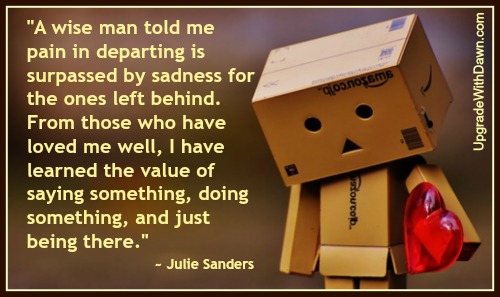Only One Thing Matters
Grace Fox, a career missionary, knows much about the pressures of ministry, but she has learned to focus on God's purposes for each day. In this Spiritual Life UPGRADE, she encourages us to have a  biblical perspective on how we invest our time for greater intimacy with the Lord.
biblical perspective on how we invest our time for greater intimacy with the Lord.
"So many voices and genuine needs clamor for our attention," Grace says. "So much noise fills our physical and mental space. Our busy lives pull us a gazillion different directions but in truth, only one thing really matters."
Grace echoes a truth I (Dawn) struggled with for years. So much to do, so little time. And it didn't help that I was determined to do it all—many times without checking in with the Lord.
Grace continues . . .
I’m a recovering A-type personality who totally “gets” Martha (Luke 10:38-42).
She thrives on purposeful work especially when it involves those she loves. The day Jesus and His disciples visit, she invests her total self in serving them.
Martha slaves in the kitchen while her sister Mary lounges in the living room. Mary sits at Jesus’ feet, listening to Him teach and hanging on every word.
This scenario reveals two sisters and two demonstrations of love for Jesus.
He acknowledges both, but commends only one: “There is really only one thing worth being concerned about. Mary has discovered it—and I won’t take it away from her” (Luke 10:42).
What’s the all-important “one thing” to which Jesus refers? Time spent in His presence listening to His voice.
I’ve been involved in career ministry for more than 25 years, and I’m still trying to master the one thing. My human bent wants to focus more on the OTHER thing—service.
In the process, I treat Jesus like a second-class citizen:
“Sorry! I’ll meet with You tomorrow, okay? Right now I need to work on my book about intimacy with You. You know all about deadlines, right?”
I suspect I’m not alone in my struggle to keep first things first.
In his book Secrets of the Vine, Bruce Wilkinson admits that, as a spiritual leader, he’d “become an expert at serving God, but somehow remained a novice at being His friend.”
The process happened slowly, unnoticed, as Wilkinson gained more competence in doing ministry.
- Activity done for Jesus eventually replaced time spent with Jesus.
- Listening to the voices of those pressuring him to do and be more replaced listening to the voice of the Shepherd.
Wilkinson lost his joy and his passion for Christ.
Change came when the truth dawned on him: “God didn’t want me to do more for Him. He wanted me to be more with Him.”
Spending time building relationship with Jesus—that’s the one thing that truly matters.
The depth of our intimacy with Him determines everything about us, including how we spend time and money, how we treat others, how we respond to disappointment and suffering, and whether or not our lives bear fruit.
So, in the midst of crazy busy lives, how do we give the “one thing” the priority it deserves?
Here are three practical suggestions:
1. Rise Early.
As a mom with three young kids, I realized that enjoying regular quiet time with Jesus meant rising early. Waiting until later guaranteed other tasks would take precedence. So, I asked God to wake me when He wanted to meet with me.
Without using an alarm clock, I woke bright-eyed at 5 o’clock the next morning and every morning afterwards.
A quiet house void of distractions provided the ideal environment to focus on the Word. I anticipated sweet fellowship, and God never let me down.
Perhaps you already have a well-established routine in the Word. If not, ask God to show you when He wants to meet. He’ll answer your prayer, I promise.
2. Pray Continually.
Invite Jesus into every part of your day, beginning the moment you wake—“Good morning, Lord. What wonderful things do You have planned for us today?”
Share joys and disappointments with Him, but invite Him into the mundane too.
I cleaned other people’s houses for several years. Someone asked me, “How can you tolerate doing brain-dead work?”
The question shocked me: I’d never considered my work in such terms. I prayed for my family as I scrubbed, and mundane became an act of worship.
3. Seek Silence.
The busyness and noise clamoring for our attention distract us from intimacy with Christ. Solitude and silence promote it because they free us to focus and listen.
Turn off the phone and ignore your computer for a few minutes each week (each day, if you have that luxury).
Sit in silence before the Lord with no agenda except to hear His voice.
Ask Him to speak to you and expect Him to answer. Journal what He says.
Only one thing really matters. Nothing feeds our soul like intimacy with Jesus.
What’s one action you can take to deepen your friendship with Him beginning today?
Grace Fox is a career missionary, international speaker, and author of nine books. She’s on the writing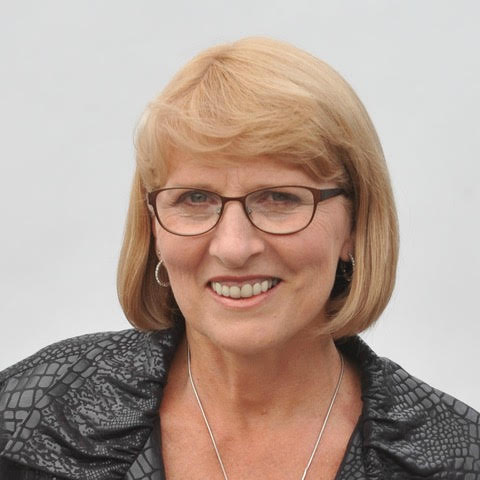 team for First 5, a daily Bible study app produced by Proverbs 31 Ministries. For more information about Grace, visit her website and blog.
team for First 5, a daily Bible study app produced by Proverbs 31 Ministries. For more information about Grace, visit her website and blog.
Graphic adapted, courtesy of Marr Creative at Lightstock.
 Post a Comment → Posted on
Post a Comment → Posted on  Tuesday, July 2, 2019 at 2:00PM
Tuesday, July 2, 2019 at 2:00PM  Dave Wilkerson,
Dave Wilkerson,  Grace Fox,
Grace Fox,  Intimacy with God,
Intimacy with God,  Intimacy with Jesus,
Intimacy with Jesus,  Mary and Martha,
Mary and Martha,  Prayer,
Prayer,  Quiet Time,
Quiet Time,  Quietness,
Quietness,  Seek Silence,
Seek Silence,  Solitude,
Solitude,  Upgrade with Dawn Upgrade Your Life
Upgrade with Dawn Upgrade Your Life  Knowing God,
Knowing God,  Prayer,
Prayer,  Relationship with God,
Relationship with God,  Spiritual Life
Spiritual Life 






